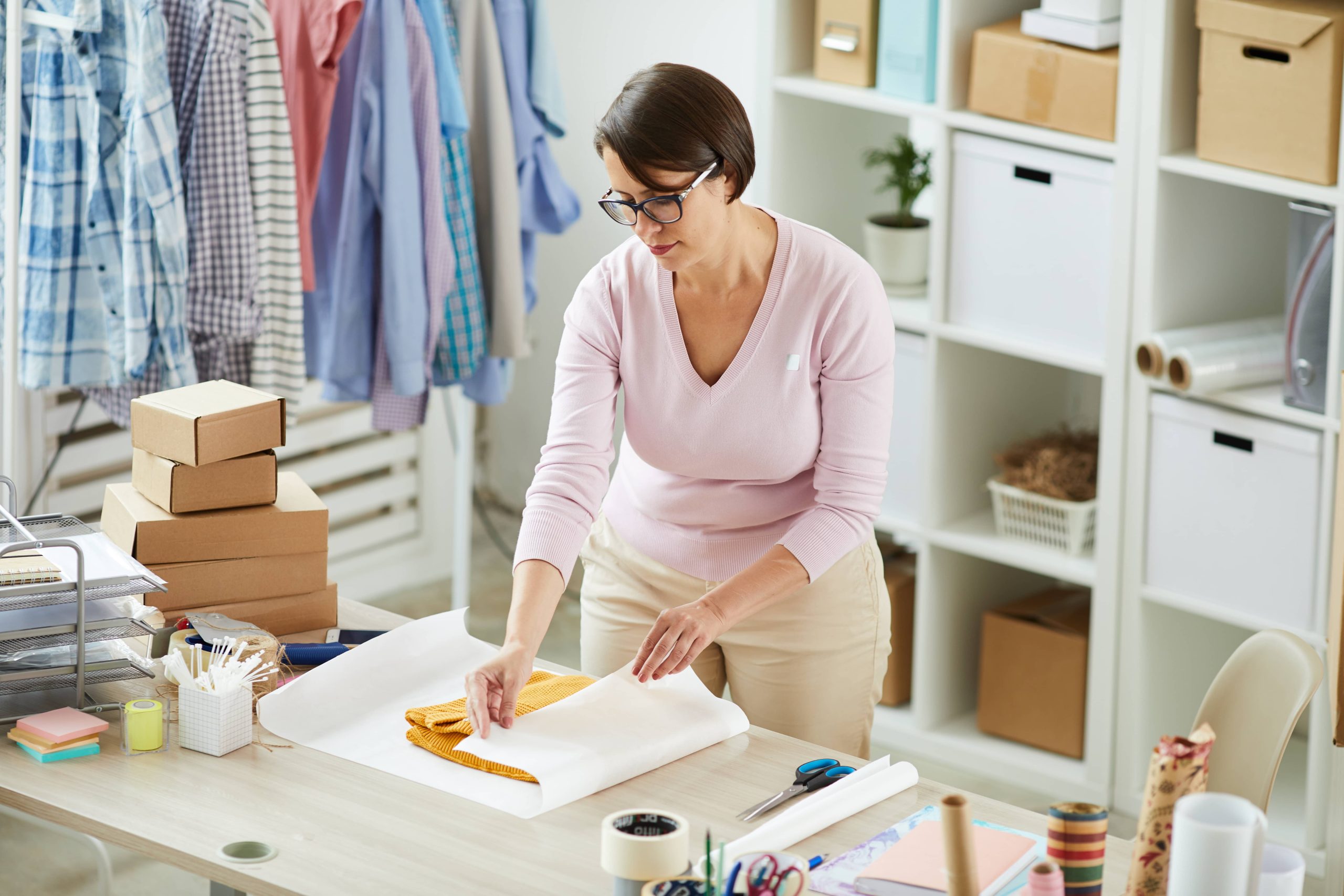
The phrase “less is more” is often tossed around a lot, especially when it comes to home organization and design. But what does it truly mean to adopt a minimalist approach in our living spaces, and why are so many people turning their attention to decluttering their homes? Beyond mere aesthetics, there are psychological benefits that come with decluttering and embracing minimalism. Understanding the psychological underpinnings can offer profound insights into why a simple living environment is beneficial for our mental well-being.
The Clutter Effect: A Burden on the Mind
To fully understand the benefits of decluttering, we must first delve into the adverse effects clutter has on our psyche. Clutter is more than just physical mess; it represents unmade decisions and tasks awaiting completion. When our living spaces are chaotic, it can lead to feelings of anxiety and stress. Research from UCLA’s Center on Everyday Lives of Families has shown that there is a correlation between high cortisol levels—a stress hormone—and high-density household objects.
Furthermore, clutter constantly demands our attention, even subconsciously. It bombards our senses and distracts us from focusing on what truly matters. This persistent low-level stress can culminate in mood disturbances, impaired productivity, and even depression over time. In contrast, decluttering can alleviate this constant sensory overload, allowing us to restore a sense of control and peace in our lives.
The Psychological Benefits of Decluttering
1. Sense of Accomplishment:
The act of decluttering itself can be highly satisfying. Sorting through and eliminating items can offer a tangible sense of achievement, fostering positive emotions. The completion of such a task provides immediate gratification and boosts self-efficacy, reinforcing our ability to make decisions and manage our environment.
2. Improved Concentration:
When your environment is tidy and organized, your ability to concentrate on tasks improves. Clutter-free surroundings reduce the distractions that clutter creates, allowing the brain to focus more effectively. Consequently, this leads to better productivity whether you’re working from home, studying, or even engaging in leisure activities.
3. Enhanced Creativity:
Minimalist spaces encourage creativity. When there is less visual noise in the environment, the mind is free to think more clearly and imaginatively. An organized space allows ideas to flow more freely and offers the mental space needed to develop and nurture innovative thoughts.
4. Emotional Health:
A clean, orderly space promotes positive feelings of calmness and well-being. Decluttering can be emotionally freeing. It allows you to let go of the past and the emotions tied to the junk you’ve collected over time. In doing so, one can open up to new experiences and relationships unencumbered by unnecessary baggage.
5. Mindfulness and Living in the Present:
Decluttering fosters a greater appreciation for what you have rather than what you don’t, promoting mindfulness. By reducing possessions, you start to focus on what truly adds value to your life. Mindfulness encourages living in the moment, enhancing emotional well-being and providing a greater sense of satisfaction with life.
Creating a Clutter-Free Environment
1. Adopt the ‘One In, One Out’ Rule:
To prevent clutter from building up again, adopt the ‘one in, one out’ rule. For every new item you bring into your home, consider letting go of an item. This rule helps maintain balance and ensures your space remains clutter-free over time.
2. Prioritize Functionality:
Focus on functionality rather than trend. When every piece in your home serves a purpose, it becomes easier to eliminate unnecessary clutter. Aim for items that are both beautiful and useful, always keeping the ‘less is more’ mantra in mind.
3. Embrace Minimalism:
Start with one room or one part of a larger room, and declutter it completely before moving on. A thorough decluttering process includes sorting items into keep, donate, and discard categories. Embrace simplicity in design by opting for furniture and decor that align with minimalist principles—clean lines, a neutral palette, and open, airy spaces.
4. Set Decluttering Goals:
Establish clear, achievable goals for your decluttering process. Whether you aim to organize your entire home or just a single drawer, setting goals provides direction and motivation. Be realistic and give yourself time, acknowledging small victories along the way.
5. Regular Maintenance:
Maintaining a clutter-free home requires regular attention. Schedule decluttering sessions periodically, and carry out quick, daily tidying routines to prevent clutter from accumulating again. Mindfulness and discipline are key here; by making decluttering a habit, you can maintain order and tranquility over the long term.
Conclusion: Finding Freedom in Simplicity
Decluttering is not just about tidying up a physical space—it is about creating a more harmonious and peaceful environment for the mind. The benefits of adopting a ‘less is more’ approach extend beyond the aesthetic, touching various facets of mental well-being. By understanding the psychology behind clutter and the advantages of simplicity, one can transform not only their home but also their mind. In a world that seems to value excess, embracing minimalism offers a path to personal freedom, happiness, and fulfillment. And in doing so, we also create space for what truly matters, both externally and within ourselves.

